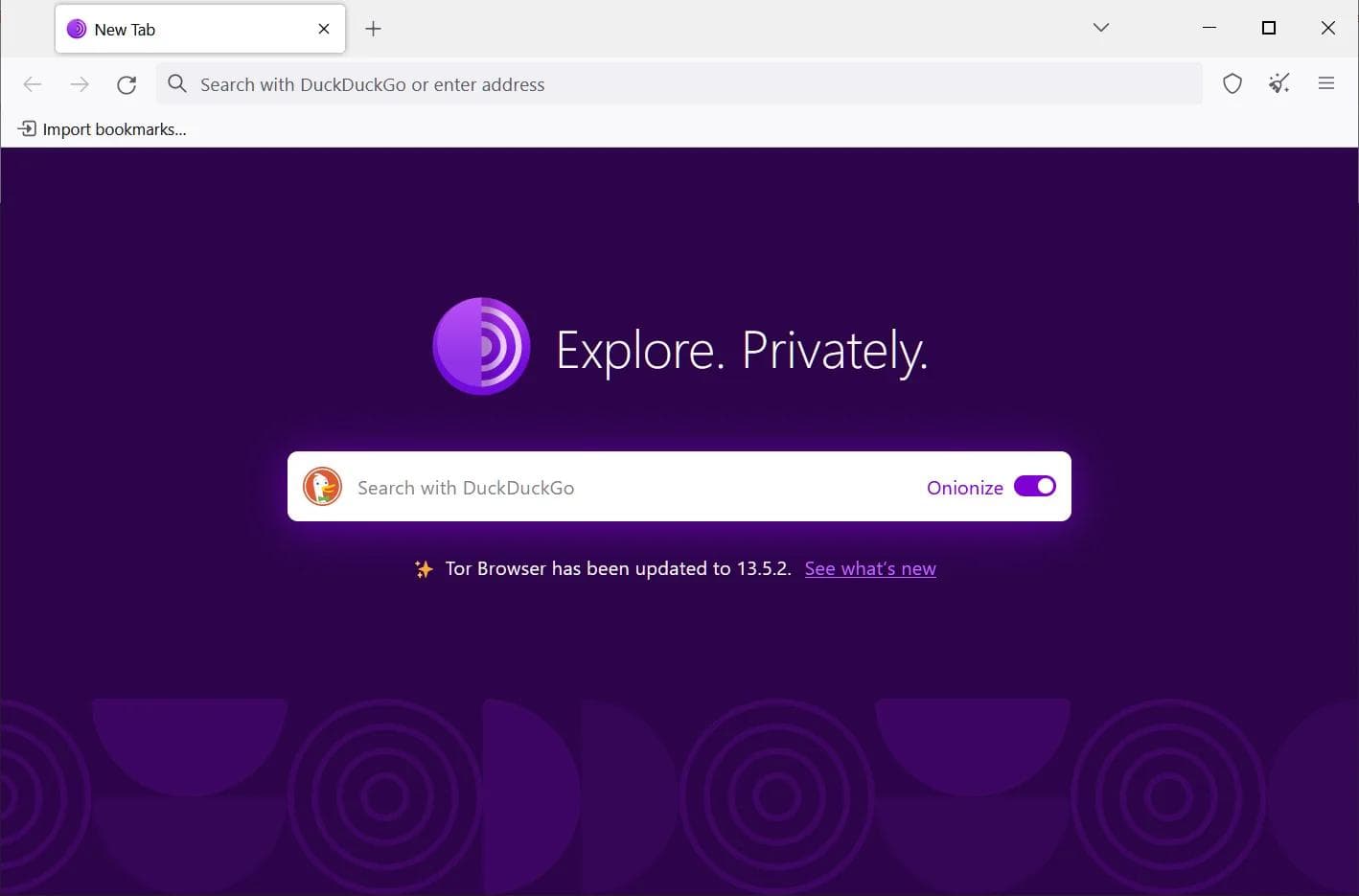Insights
What Are Onion Sites
An insightful look into what onion sites are, their purpose, and how they operate within the hidden layers of the internet.
Published on 14th Jan, 2025|3 min read
What Are Onion Sites? Understanding Their Purpose and How They Work
What Are Onion Sites?
Onion sites, often referred to as hidden websites or part of the "dark web," use the .onion domain to ensure privacy and anonymity. These sites are not accessible through traditional web browsers like Chrome or Firefox. Instead, you need specialized software, such as the Tor Browser, to access them securely.
The .onion domain structure is designed to protect both the site owner and its visitors. By leveraging layers of encryption, onion sites make it nearly impossible to trace the identity or location of either party.
How Do Onion Sites Work?
Onion sites are part of the Tor Network (The Onion Router), a privacy-focused system that uses multiple layers of encryption to ensure user anonymity. Here's a simple breakdown of how they operate:
- Routing Through Relays: When you access an onion site, your connection is routed through multiple encrypted relay servers. These servers are run by volunteers and ensure that your browsing activity remains untraceable.
- Unique and Private Addresses: Onion sites use unique, randomly generated
.onion addresses. These addresses often consist of 16 or 56 alphanumeric characters, making them difficult to guess without a direct link. - End-to-End Encryption: Communication between the user and the onion site is fully encrypted, adding another layer of security and privacy.
The Purpose of Onion Sites
While onion sites are often associated with illegal activities, they serve many legitimate purposes. Here are some of the positive uses of onion sites:
- Privacy and Security: Activists, journalists, and whistleblowers use onion sites to share sensitive information securely without revealing their identities.
- Bypassing Censorship: In countries with strict internet censorship, onion sites provide unrestricted access to information and resources.
- Secure Communication: Platforms like SecureDrop allow individuals to communicate confidentially and share classified information without fear of exposure.
Examples of Popular Onion Sites
- ProPublica's Onion Site: A secure platform for investigative journalism.
- DuckDuckGo's Onion Search Engine: A privacy-focused search engine that doesn't track your activity.
- The Hidden Wiki: A directory of various onion sites across the Tor network.
Risks and Challenges of Using Onion Sites
While onion sites prioritize anonymity, users must be cautious about potential risks:
- Scams and Malware: The anonymity of the dark web attracts cybercriminals who create malicious sites or distribute malware.
- Legal Consequences: Accessing illegal content or services on the dark web can lead to severe legal repercussions.
- Lack of Moderation: Many onion sites lack oversight, which can result in exposure to harmful or inappropriate content.
How to Navigate Onion Sites Safely
To browse onion sites responsibly, follow these best practices:
- Use a VPN in addition to the Tor browser for added security.
- Avoid sharing personal information while browsing.
- Stick to trusted onion directories and avoid unknown or suspicious links.
Final Thoughts
Onion sites play a significant role in promoting privacy and secure communication in the digital world. From bypassing censorship to enabling anonymous whistleblowing, these hidden sites offer many legitimate benefits. However, it is vital to navigate them cautiously to avoid potential risks.





